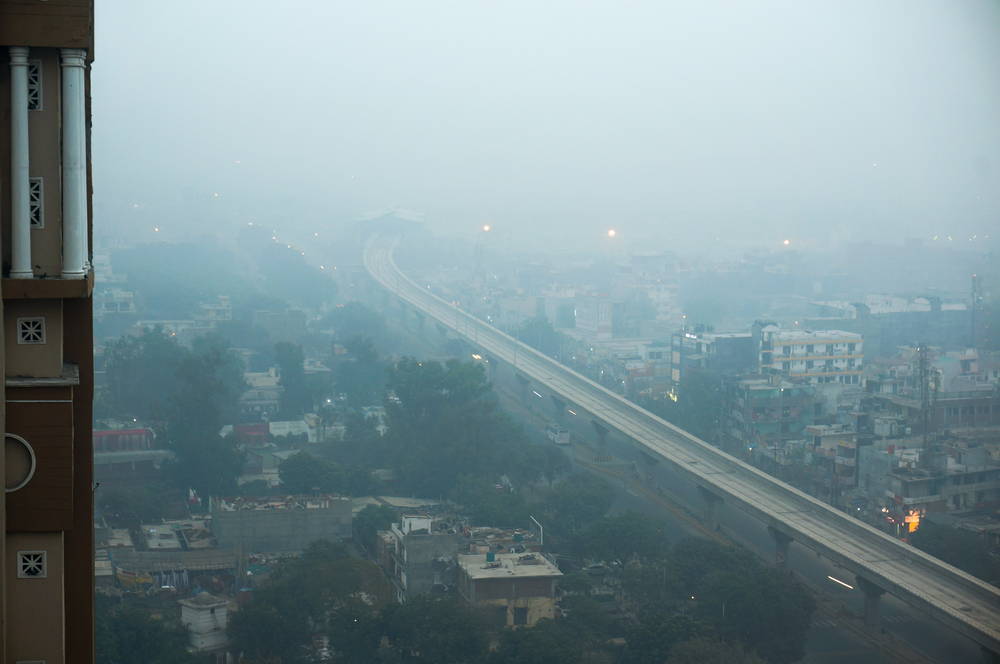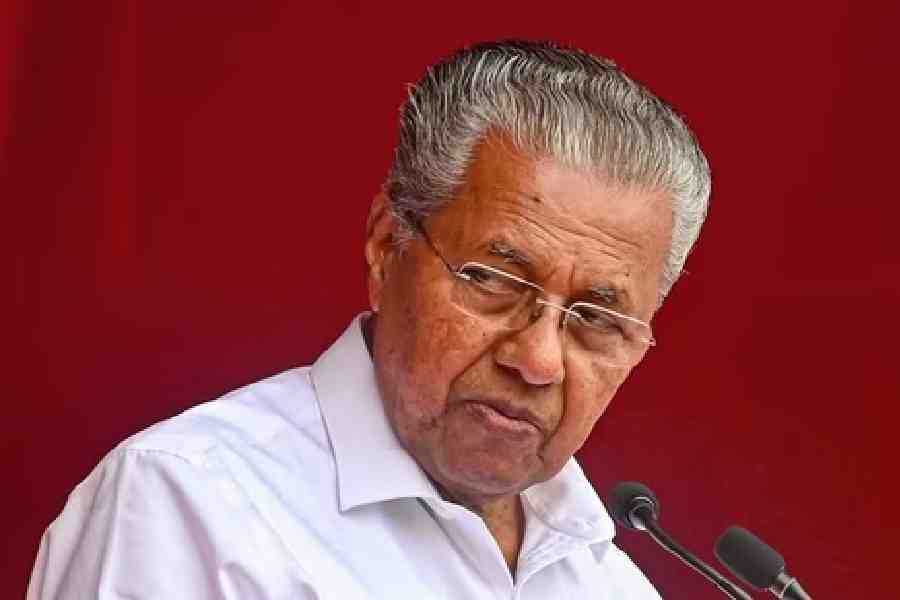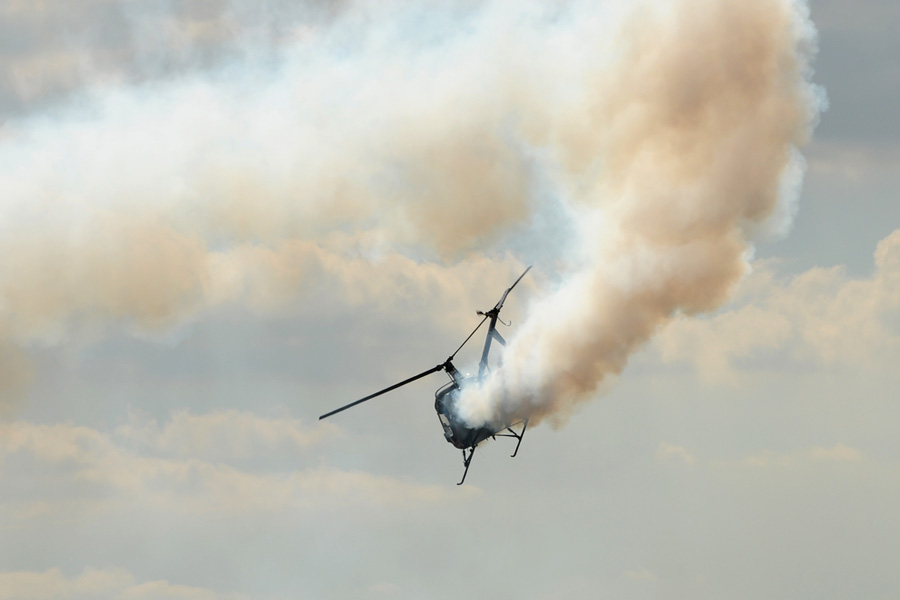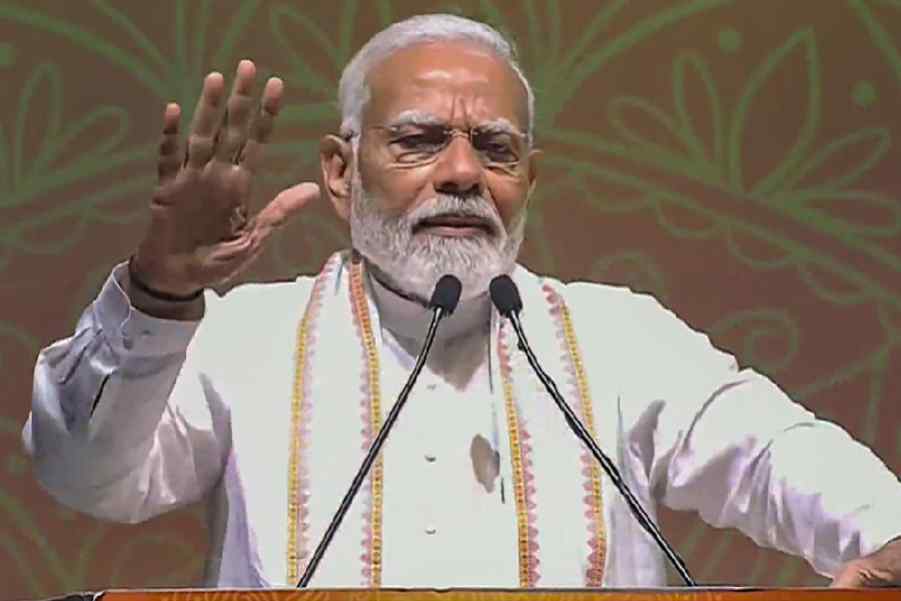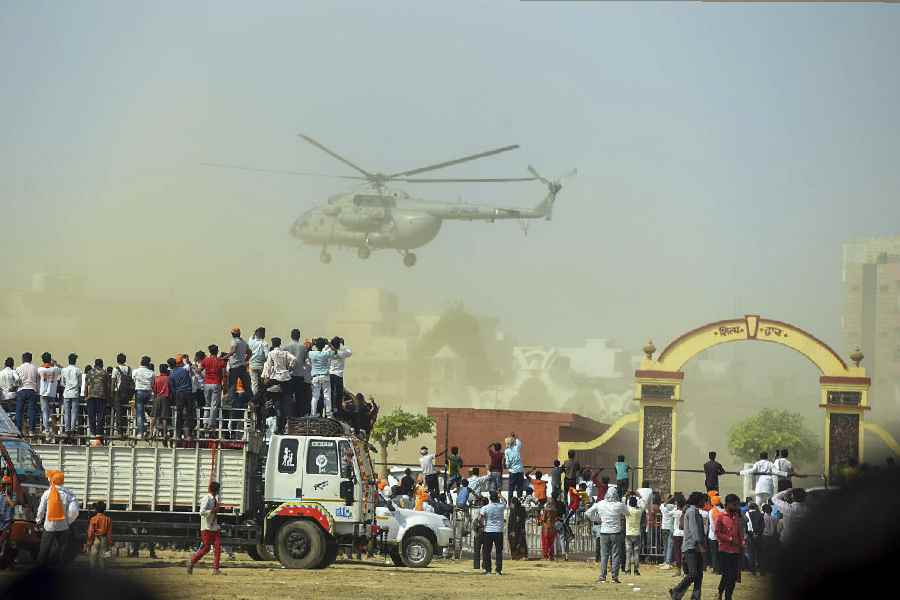The entire city is coughing and scientists as well doctors blamed the worsening air quality with a dip in the temperature for it.
The air quality of Calcutta that remained “good” or “satisfactory” on most days during summer and monsoon has already started reaching “moderate” and “poor” levels. Environment activists fear that city’s air quality would soon get worse and turn to “very poor” or “severe” and Calcuttans have to bear the health effects.
PM2.5 is the primary pollutant as per the data of air quality monitoring stations in the city. These are particles that are less than 2.5 micron in size and because of the size they can enter the respiratory tract and blood stream and become carriers of toxic substances that get attached to these particles, said scientists.
Scientists as well as doctors told Metro that the worsening air quality and coughing are linked and the former leads to the later. “As the humidity gets reduced, the pollutants tend to remain suspended in the air and enter our respiratory system,” said Rahul Jain, internal medicine specialist.
“When the number of tiny particulate matters increase in the air there is a greater probability that they will get into the respiratory tract and constrict it. This will lead to breathing problems and coughing,” said Amitava Chakraborty, a Calcutta Municipal Corporation doctor.
He added that the coughing also results from allergens entering the respiratory tract. “The allergens get attached to the particles and enter the tract. This triggers an irritation and leads to infection and coughing,” he said.
According to the National Air Quality Index, the “moderate” air quality can cause “breathing discomfort to the people with lungs, asthma and heart diseases” while “poor” air quality can lead to “breathing discomfort to most people on prolonged exposure”. The Central Pollution Control Board prepares the index. Calcutta had seen several days of “poor”, “very poor” and “severe” air quality last winter.

The Telegraph
In the last fortnight, the air quality has touched “poor” in many places during the morning hours when a lot of people step out for a morning walk or buy daily groceries.
PM2.5 was in the “poor” range at Ballygunge from around 9pm on Tuesday to 8am on Wednesday. The monitoring station at Fort William also touched “poor” category for about four hours early on Wednesday and again for about an hour in the afternoon. The only station that showed “good” and “satisfactory” reading was the one inside Rabindra Sarobar, one the greenest spaces in Calcutta.
On September 16, exactly a month ago, the readings in Fort William and Ballygunge were in “good” and “satisfactory” range.
The deterioration in air quality during winter is an annual weather phenomenon. The air near the surface doesn’t get heated like in summer months when the hot air rises up with the pollutants. But during winter months, the air being cooler it gets trapped near the surface with the pollutants in it and people breathe the polluted air.
Environmentalists said that the authorities must start implementing some immediate measures so that the city doesn’t see a repeat of what happened last year, when Calcutta’s air quality was worst among Indian cities on some days. Delhi, which is also plagued by the problem, has prepared a long term as well as an emergency response plan.
Anumita Roy Chowdhury, the executive director of Centre for Science and Environment, a research and advocacy organisation, told Metro that Delhi’s emergency response plan would become effective from Tuesday. “From Tuesday all brick kilns that run on conventional technology would be closed down. No one would be able to run diesel generator sets,” she said.
Besides, vehicles with odd and even numbers would be allowed on alternate days between November 4 and November 15, she said.
These measures would be taken to prevent the air quality from getting worse during winter. “Calcutta should also have an emergency plan in place so that they can respond to worsening air quality in a short-term,” she said.
But Ajay Mittal, a member of Calcutta Clean Air, a citizen’s initiative to improve the air we breathe, said that the Bengal government had prepared only a long-term action plan. “I have not seen any emergency response plan like what Delhi has made,” he said.
A state environment department official said the state action plan didn’t have a written emergency response but they have taken several measures to ensure that a repeat of last year doesn’t happen.
“We have an emergency plan that we have discussed with several state government agencies. I don’t think we are in a situation where we will have to close schools and power plants like Delhi does,” said the official.
The long-term plan includes replacing clay ovens with electric ovens, a measure that would take several months or years. The Calcutta Municipal Corporation had also issued notices to builders to ensure that construction dust doesn’t rise up in the air. But such instructions are rarely implemented.

